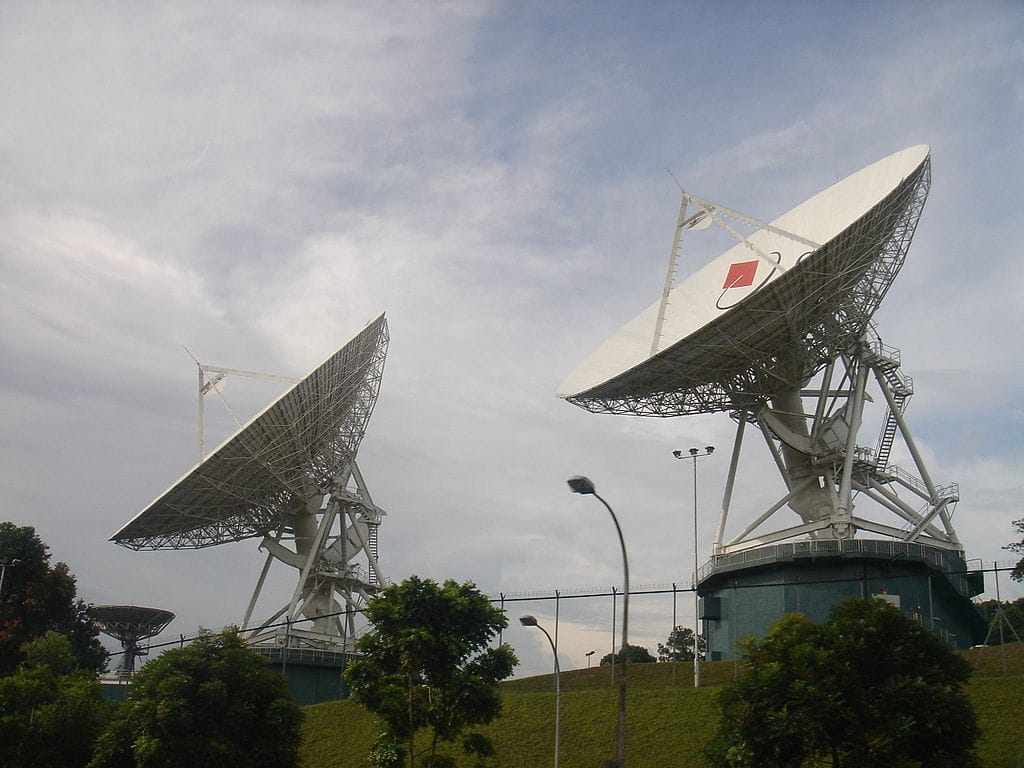FCC Approves Rules for Deployment of Satellites, Allocates Six Megahertz of Low-Band Spectrum to Broadband
May 13, 2020 — The Federal Communications Commission on Wednesday adopted new rules for the deployment of satellites. The action, at the agency’s May meeting – its second monthly meeting conducted remotely because of the coronavirus pandemic –comes at a time of increased pressure by military officia










Member discussion